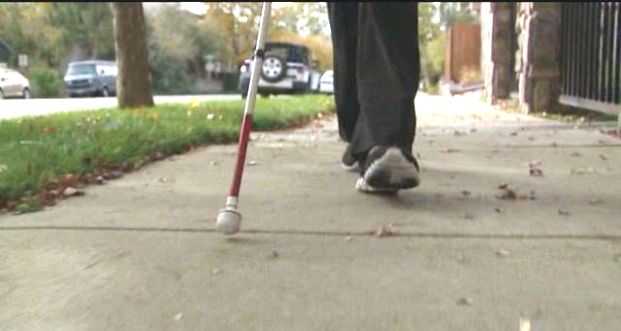Jesus’ Mercy Frees Us From Fear

(By Fr. Dexter Brereton)
… So That We Can Show Mercy Without Fear
[simpleazon-image align=”left” asin=”0829441700″ locale=”us” height=”320″ src=”http://ecx.images-amazon.com/images/I/51yJEPgliUL.jpg” width=”214″]In Trinidadian English a “bouff” (rhymes with “woof”) is a scolding or a reprimand gently – but more often harshly administered by one person on another. This might occur when that person has done something wrong or when their performance at some task is inadequate. Recently I returned to the Catholic parish where I grew up and while we were re-living old memories, I was reminded that we once had a “bouffing” parish priest! I remember him well, with his stern countenance, correcting errant children from the altar. The net effect of all this ‘bouffing’ of old and young alike on me – and on many others, was that I was very nervous around him.
The reading for this Sunday describes the disciples being in a room and “the doors were closed in the room where the disciples were for fear of the Jews.” Well at that time so many years ago, many of us were like the disciples enclosed in a room whose “doors were closed for fear of the Jews.” The “Jews” was the fact of being “bouffed” or reprimanded, or making some fooling error which would earn us a scolding. Our Holy Father Francis is very sensitive to this impression created by the institutional Church that she is there to “scold” or to “bouff” the faithful and to scold the world. This is why he has shifted our moral attention away from divisive wedge issues like abortion and same-sex marriage and prefers to speak of mercy, compassion, forgiveness and welcome. In a phrase what Francis aims to do in his papacy is to show to the world the “smiling face of God.” At his homily for Divine Mercy Vespers the pope reminds us that the Church is called to offer more evident signs of God’s presence and closeness, that “This is a time for the Church to rediscover the meaning of the mission entrusted to her by the Lord on the day of Easter: to be a sign and an instrument of the Father’s mercy (cf. Jn 20:21-23).”
[simpleazon-image align=”right” asin=”1612788351″ locale=”us” height=”300″ src=”http://ecx.images-amazon.com/images/I/51s-KbsQW2L.jpg” width=”243″]Fortunately for me, my bouffing priest does not describe the sum total of my Catholic upbringing. I also had a wonderful experience of being “mentored” by a senior Catholic layman while I was a seminarian training for the priesthood and working with his organization over my summer vacations. At one point in time I had written an article for the local Catholic paper and it was rather harshly rejected by the editor. This led to a serious disagreement. My friend, the senior layman, asked me to write a series of articles on this organization I was working for, for publication in the Catholic paper and I told him my story of what had recently happened to me and that I was very skeptical about writing any more articles. To “make a long story short” as we say, like Jesus in today’s gospel he “showed me his hands and his side.” He patiently explained to me that opposition, disappointment and even harsh criticism at times, were a natural part of life, especially in the Church and that he himself had suffered his share of wounds in this regard. As I listened to his story, it “normalized” the harsh experience that I had just been through and I realized that even if I was wounded or risked being wounded at times, I could still produce, I could still to great things for God. My career in the church is not foreclosed because I fail miserably at times.
What this experience of being “mentored” did for me was that it enhanced my sense of “inner freedom.” I could forgive myself for messing up and I could forgive others scolding me as I messed up. His words brought freedom to me the way Jesus’ words brought freedom to his disciples when he said to them: “As the Father sent me, so am I sending you…Receive the Holy Spirit. For those whose sins you forgive, they are forgiven; for those whose sins you retain, they are retained.” Here was true freedom. The disciples started this story feeling “locked up” “imprisoned” and “unfree” and in the grip of their own fears, the way I was in the grip of the fear of future failure. Now they were sent out, into the world. They now felt great inner freedom, because they were in a very real sense “free to fail” and they knew that even if at times they failed, failure would not have the last word in their lives.
Lord we thank you for all those who showed us that getting hurt, getting wounded or meeting disappointment is a part of the fabric of life. We thank you for that song we heard on the radio that convinced us that even if we failed at our love relationship today, tomorrow is still open, there was still hope in the future. Lord we thank you for the teachers who encouraged us as we faced the most difficult subjects in our education, Math, or English, or Science. We thank you for patient teachers who took the time to reveal to us their own struggle in a way that gave us hope that we too could conquer our challenges. Finally we thank you for the gift of leaders like Pope Francis who are not afraid to show us their humanity, and who, because of their love and encouragement, send us out into the world so that we too could know that “those whose sins we forgive, they are forgiven.” Amen.






